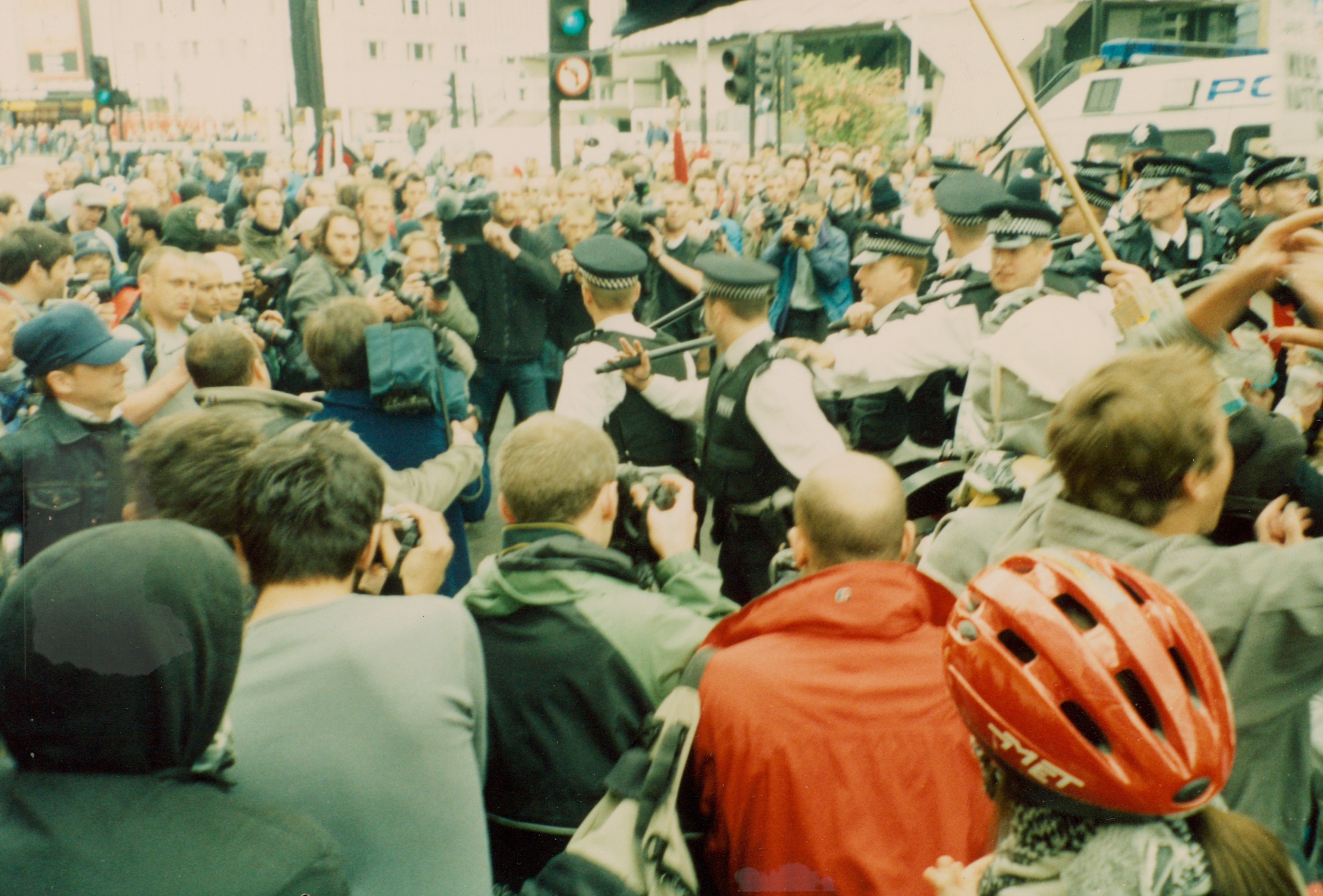I have been re-reading a classic of social movement studies ‘Poor people’s movements: Why they succeed and how they fail’ by Piven and Cloward. It has energised me a lot more than most social movement studies texts because it’s authors are very concerned with how to win. Their thesis was provocative in the 1970s and it is still provocative now: that poor people’s movements win not through great feats of organisation but through disruption.
Typical of them is this summary of US workplace struggles in the first half of the twentieth century:
As for the labor experience itself, the political moral seems to us clear, although it is quite different from the moral that organizers are wont to draw. It can be stated simply: the unorganized disruptions of industrial workers in the 1930s produced some political gains, but the organized electoral activities of the unions could not sustain them. New gains await a new protest movement-a new outbreak of mass defiance capable of spurning the rules and authorities of the workplace and of politics, and capable of spurning the rules and authorities of the union system as well.
Piven and Cloward p.175
Even the most organised of movements failed to make electoral gains, say Piven and Cloward. What worked was striking, particularly undisciplined wildcat striking. For renters organising this may turn out to be a significant claim. What if the organisation of renters per se is irrelevant? What if we can win the most by sheer disruption? What if all our organisation should be directed towards disruption?
Piven and Cloward’s claims are not uncontroversial, but I recommend reading Poor People’s Movements. It is often persuasive.
Piven is still writing and recently lent support to the tactics of Black Lives Matter.

Hi, found your site through a search on Community Interest Companies, then got distracted by trying to work out who has put all this effort in since 2013? Kudos!
It would be great to get your thoughts on some other areas.
Kindd regards, and thank you for sharing